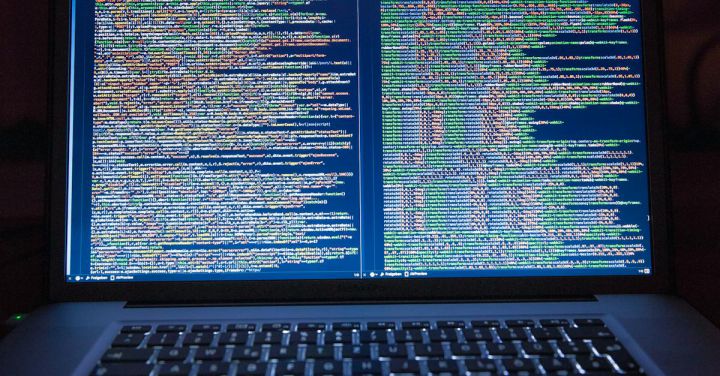What Are the Implications of Big Data on Privacy?
In today’s digital age, data is being generated at an unprecedented rate. With every click, swipe, and online transaction, individuals are leaving behind a trail of data that is being collected and analyzed. This massive amount of data, known as big data, has the potential to revolutionize industries and improve efficiency. However, it also raises concerns about privacy and the implications it has on our personal information. In this article, we will explore the implications of big data on privacy and the challenges it presents.
The Balancing Act: Big Data vs Privacy
As organizations collect and analyze large volumes of data, the line between using data for beneficial purposes and infringing on privacy becomes blurred. On one hand, big data has the potential to improve healthcare, transportation, and education, among other sectors. For example, analyzing medical records can lead to breakthroughs in disease prevention and treatment. On the other hand, the collection and use of personal data can result in privacy breaches and the misuse of information. Striking a balance between harnessing the power of big data and protecting individual privacy is crucial.
Data Collection: The Fine Line
One of the major concerns with big data is the massive amount of personal information that is being collected. From online browsing habits to social media interactions, individuals are constantly generating data that is being captured and stored. While this data can be used to personalize experiences and improve services, it also raises questions about consent and control. Individuals may not always be aware of the extent to which their data is being collected and used, leading to a loss of control over their own information.
Data Breaches: A Growing Threat
With the increasing amount of data being collected, the risk of data breaches and cyberattacks also grows. The unauthorized access to personal information can have severe consequences, ranging from financial loss to identity theft. In recent years, there have been numerous high-profile data breaches, highlighting the vulnerability of personal data. Organizations must invest in robust security measures to protect the data they collect and ensure that individuals’ privacy is safeguarded.
The Rise of Surveillance
The widespread use of big data has also led to an increase in surveillance capabilities. Governments and organizations can monitor individuals’ activities, both online and offline, in ways that were previously unimaginable. While this can be beneficial for national security and crime prevention, it also raises concerns about privacy invasion and the potential for abuse. Striking a balance between security and privacy is a delicate task that requires careful consideration and regulation.
The Role of Regulation
As big data continues to shape our society, it is crucial to establish clear regulations to protect privacy. Governments and organizations must work together to develop policies that ensure the responsible collection, storage, and use of personal data. Transparency and consent should be at the forefront of any data collection process, allowing individuals to have control and make informed decisions about their own information.
Conclusion: Navigating the Complexities
Big data has the potential to revolutionize industries and improve efficiency in ways we have never seen before. However, it also presents challenges when it comes to privacy. Striking a balance between harnessing the power of data and protecting individual privacy is crucial. Clear regulations and responsible data practices are essential to ensure that the benefits of big data can be realized without compromising privacy. As individuals, we must also be aware of the data we generate and take steps to protect our own privacy in this digital age.






